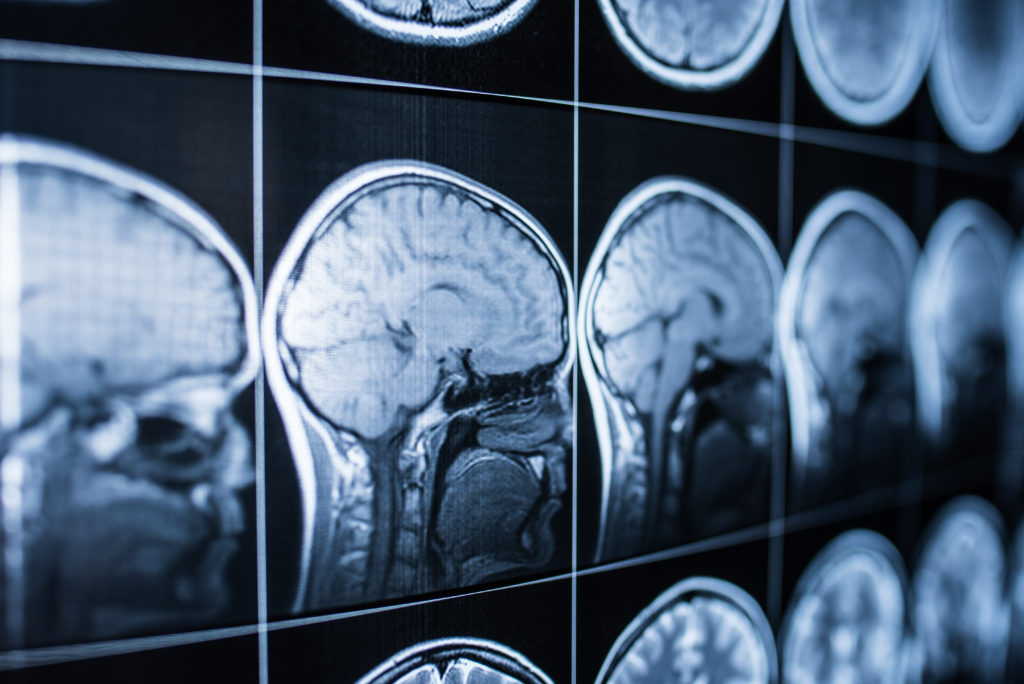We all know the feeling. It was less than six hours ago that you first laid your weary head onto your pillow and suddenly, your alarm clock is nagging you to feed your coffee and drink your dog, er, drink your co…you know what I mean.
When you’re not getting enough sleep, your brain won’t function quite as optimally as you’d like.
We’re all busy, and the list of to-do’s is endless. But a busy life doesn’t mean the stuff between your ears needs to suffer. You simply need to reframe your relationship with sleep.
The Sleep Habit
The first thing you need to know is that your brain is incredibly active when you sleep! Without the eight hours of downtime it needs, it can’t form the new pathways necessary to repair neuropathways, fix dysfunctional neurons, learn, create new memories, and maintain cognitive function.
There are a number of things that can contribute to us not getting enough quality sleep.
For starters, many of us are guilty of sporadic bedtimes. This inconsistency can also translate to varying amounts of sleep latency — the amount of time it takes you to actually fall asleep. If you use a Whoop or another sleep tracker, you can compare latency on a day-to-day basis.
Another huge factor is that we use our cellphones, laptops, and other electronics until the moment we go to sleep — and it’s often the first thing we reach for when we wake! This relationship with technology is an undeniable part of the equation, not only affecting our natural production of melatonin but also affecting cortisol levels — and not for the better. This combination can result in a modified circadian rhythm and undesirable wake-ups.
On top of that, a sleep deficit makes it far more difficult to concentrate and respond, causing us to react emotionally and more generally delaying our response time.
That means that your sleep health is important not just in preventing a whole slew of health issues — metabolic ramifications, cardiovascular disease, diabetes, obesity, high blood pressure – but it’s also essential for the health of the stuff between your ears!
What Happens When You’re Sleep Deprived
Sleep is essential for brain function because it recharges your batteries by resetting your adenosine receptors, which helps you become alert.
But there’s a lot more going on that we’re just discovering.

There was a study done by Yuval Nir, a sleep researcher at Tel Aviv University in Israel, who wanted to understand how sleep deprivation put a damper on brain cell activity.
He found that when someone is sleep deprived, the firing between neurons dramatically decreased and the strength of the connection was weaker.
The regions that experienced this slower, more lethargic brain cell activity looked a lot like the brain activity of someone that is asleep. Yuval Nir suggested that this proved that certain regions of the subject’s brain were actually sleeping while the rest of the brain was running as usual. Wild, right?
Our sleep is “managed by our Super Chiasmatic Nucleus, or SCN — a part of our hypothalamus. This part of our brain regulates melatonin, which induces sleep and regulates our sleep-wake cycles, thermoregulation, and endothelial function.
In fact, a study was done with a healthy and spry (between 20-50 years old) set of 100 nurses to assess the effect of sleep deprivation on cognitive function. The group of nurses were assessed using the Epworth Sleepiness Scale (ESS) and were graded on things like vigilance, photographic memory, their ability to remember numbers, and their reaction time after the end of the first day, and then again after 3-4 days of working the night shift.
After those 3-4 days, almost 70% of the nurses were observed as having poor sleep quality, and their scores taking the same cognitive exam had a 66% reduction from the first day.
That’s scary considering these nurses, who work long hours and often work multiple shifts back-to-back, are expected to sometimes save people’s lives or deliver essential medications.
And the more sleep deprivation, the worse it gets. Another study found that after 17 hours without sleep (meaning a “normal” 7 hours of sleep!), the state of your brain is comparable to the intoxication of 0.05% blood alcohol concentration. After 24 hours without sleep, it’s like having a blood alcohol of 0.10% — which would make you legally drunk in every state!
But it’s not just full-on sleep deprivation that can impact you negatively. Although the acute ramifications are very real – we also should be concerned with consistent, shallow sleep, which accumulates and can end up having effects similar to acute deprivation.
Your Brain Needs That 8 Hours of Sleep
Well, I hope you enjoyed our little field trip to Scary Town. And what did we learn boys and girls? Yep, that our brain and its prefrontal cortex need that 8-9 hours. It’s imperative for us to fully function.

And that’s why when you get a horrible night of sleep you sometimes spend way too long standing in front of your closet deciding which blue shirt to wear.
If you can’t make that simple decision, there’s a good chance that you will have a hard time focusing on that big project.
Getting the regular 8 hours is pretty hard to do sometimes. So here are a few things to keep in mind.
- Go to sleep at the same time every day. Setting an alarm for yourself to get ready is incredibly helpful. It’s a cue to turn the lights down, turn on some relaxing music, and maybe put the phone away. Just as you can build a morning routine, you can build an evening routine too.
- Take a warm bath. Not hot — warm which will cool the core temperature of your body. Magnesium is my favorite add-in. Algae, essential oils, herbs, and tea can also be incredibly soothing.
- Don’t drink water too close to bed. Afternoon and morning are both great times to sip your water — note I said sip, not chug. If you drink too much too close to bed you’ll wake up during the wee hours of the morning, interrupting the vital work that your kidneys and liver do. You’ll also risk throwing off your circadian rhythm.
- Create a temperate environment. Any sensory distractions in the night can lead to midnight wake-ups. Be communicative with your spouse or partner! If it’s too dry, too hot, or too cold for you, let them know. Compromise is key!
- If you’re into it, pull out your journal. Setting the tone, reflecting on how the day went, and contemplating how you’d like tomorrow to go takes the worries and thoughts from between your ears and puts them to paper.
No matter the state of your current sleep routine, tonight is the perfect time to reset things and start giving your brain a little extra love. Have patience, as this adjustment and new habituation may take time to stabilize. But in time, you’ll be rewiring your brain to be more functional and you’ll feel better as a result!
